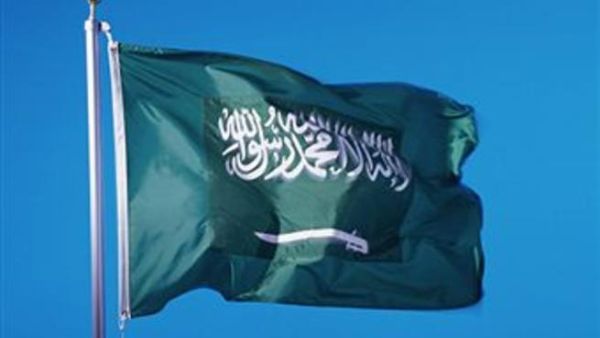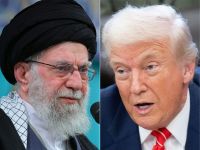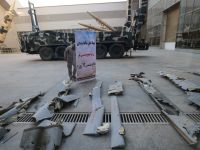Saudi Arabia can meet any future world oil shortages, thanks to massive investment, and its rising gas output will mean crude exports will not be affected by booming domestic energy demand, Oil Minister Ali Al Naimi said.
Growing tension between Iran and the West over the Islamic Republic’s nuclear programme has led to fears of a disruption in oil supplies from the Middle East Gulf. The US and European Union have raised pressure on Iran with sanctions and a ban on Iranian oil, while Tehran has said it may cut off supplies to some unspecified countries.
Saudi Arabia is best placed to make up for any shortfall in oil supply. “I would like to state for the record, here in London, that the kingdom will continue to be a reliable, steady and dependable supplier of energy to the world,” Naimi told an oil conference. He dismissed concerns that demand from within Saudi Arabia would limit the amount of oil available for export. “Saudi Arabia’s domestic growth will not impact on exports now or in the future – of this I am very confident,” he said.
The world’s top crude exporter is already burning more than 10 per cent of its output in power plants on hot summer days, and fuel subsidies are exacerbating a demand boom that is increasing consumption of the world’s largest oil reserves. Official data shows Saudi oil consumption rose by more than 5 per cent a year between 2003 and 2010 to an average of 2.4 million barrels per day (mbpd) in 2010. That’s a significant chunk of total Saudi oil output, which averaged around 9.7 mbpd in December, a Reuters’ survey showed. “Warnings last year about what would happen to Saudi oil exports if current levels of domestic usage were left unchecked were taken as fact,” Naimi said “But we are not leaving domestic energy consumption unchecked.”
Naimi said the kingdom would be able to meet any future oil market shortages because of its high levels of investment to maintain oil production capacity. “It is because of our ongoing investment that Saudi Arabia is able to respond to shortages around the world – take issues with Libyan production last year for example,” Naimi said. “And it’s because of our investment that any future shortages will be handled,” Naimi said.








